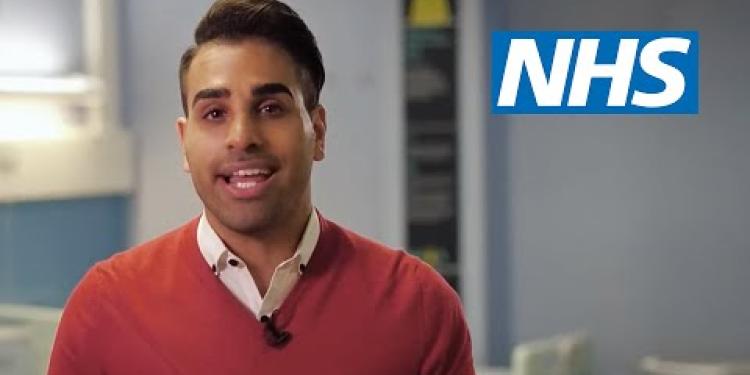Important Information On Using This Service
- Ergsy carefully checks the information in the videos we provide here.
- Videos shown by YouTube after a video has completed have NOT been reviewed by ERGSY.
- To view, click the arrow in the center of the video.
Using Subtitles and Closed Captions
- Most of the videos you find here will have subtitles and/or closed captions available.
- You may need to turn these on and choose your preferred language.
Turn Captions On or Off
- Go to the video you'd like to watch.
- If closed captions (CC) are available, settings will be visible on the bottom right of the video player.
- To turn on captions, click settings.
- To turn off captions, click settings again.
Find A Professional
More Items From Ergsy search
-
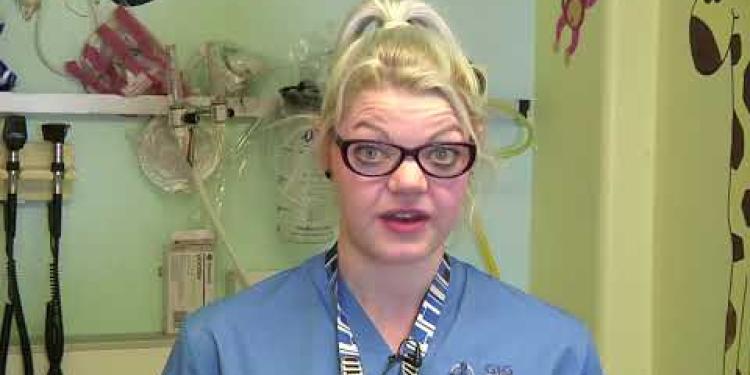
Advice if your child has... A High temperature
Relevance: 100%
-

Highest Income Multiple Mortgage Lenders Revealed - Good and Bad Points
Relevance: 78%
-

Higher Income Tax - How to Claim Pension Tax Relief | Extra 20% Boost
Relevance: 60%
-
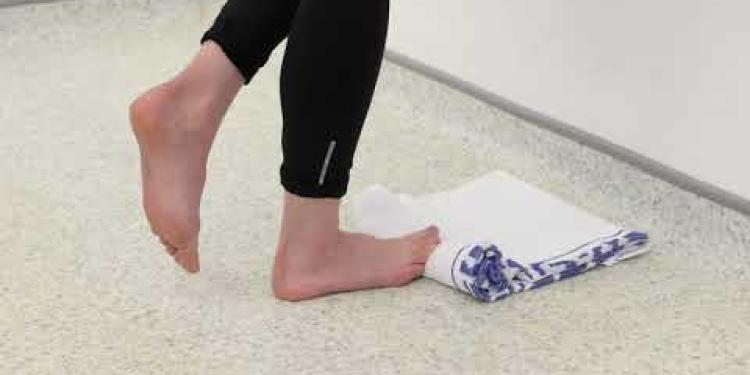
Plantar Fascia Loading Exercise (High Load Exercise)
Relevance: 58%
-
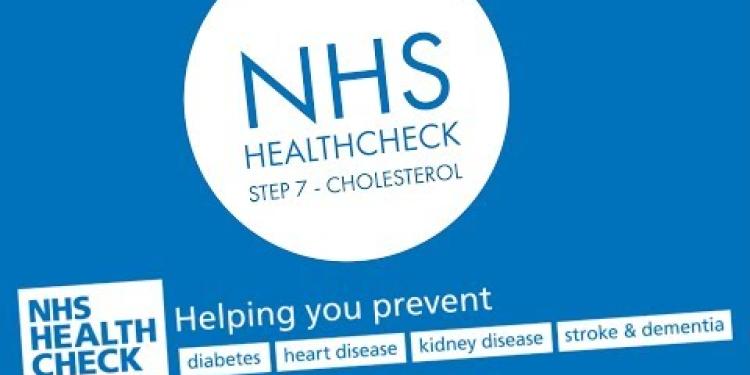
NHS Health check - Cholesterol
Relevance: 41%
-
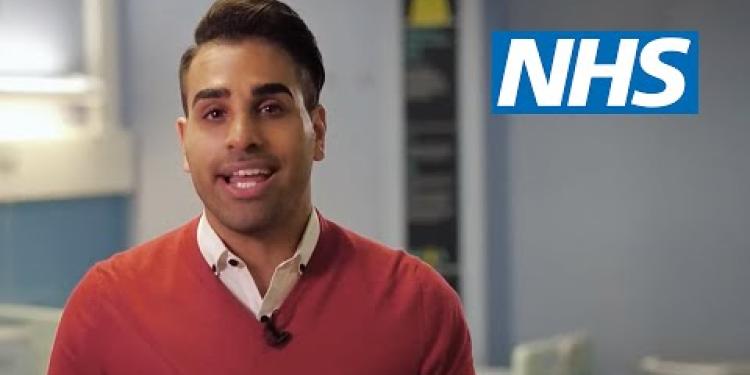
Caring for a child with fever | NHS
Relevance: 39%
-
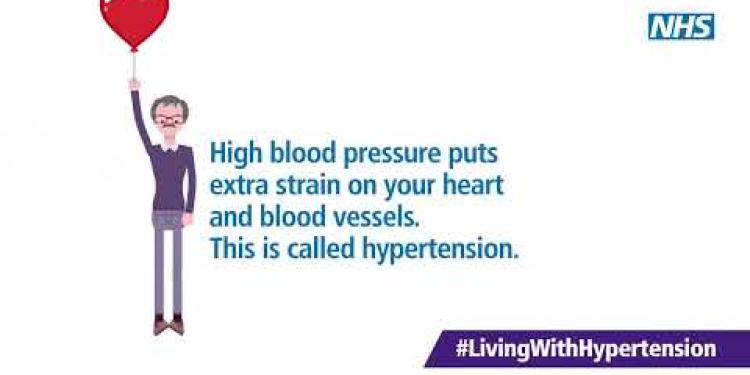
Blood pressure too high? Living with hypertension animation
Relevance: 37%
-

Is obesity more prevalent in certain regions of the UK?
Relevance: 33%
-
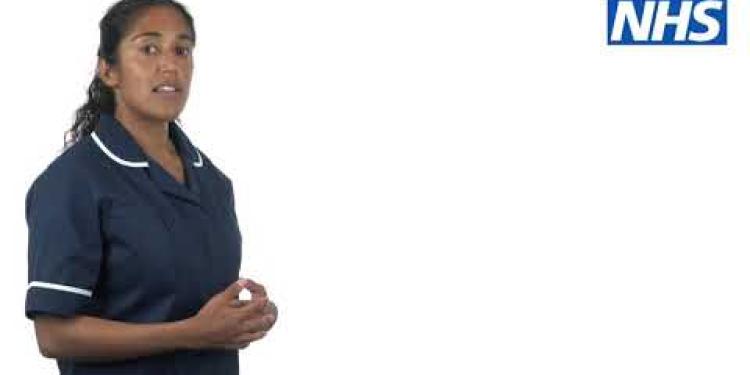
Seven Reaasons For Measuring blood pressure
Relevance: 33%
-

What items should I wash if I have bed bugs?
Relevance: 31%
-

Why do men get prostate cancer?
Relevance: 28%
-
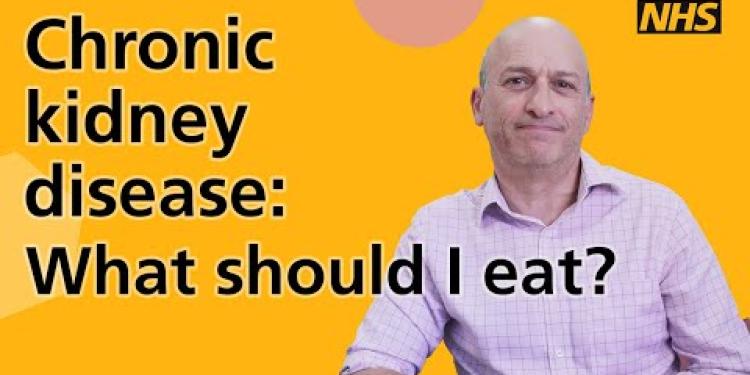
What should I eat to help with chronic kidney disease?
Relevance: 23%
-
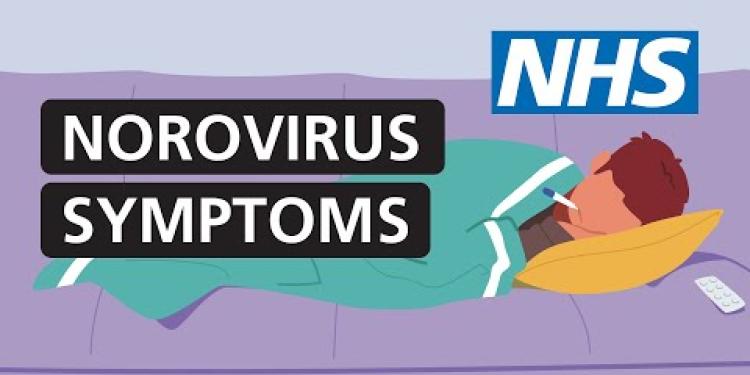
What is norovirus? (Diarrhoea and vomiting bug) | NHS
Relevance: 22%
-
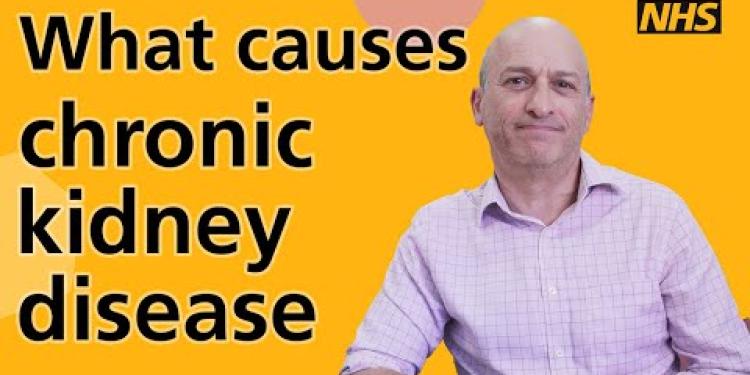
What causes chronic kidney disease?
Relevance: 22%
-
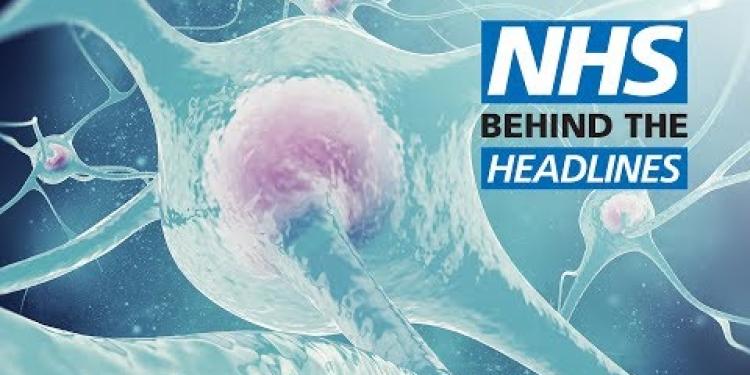
Poor sense of smell in the elderly linked with higher risk of dying | NHS Behind the Headlines
Relevance: 21%
-
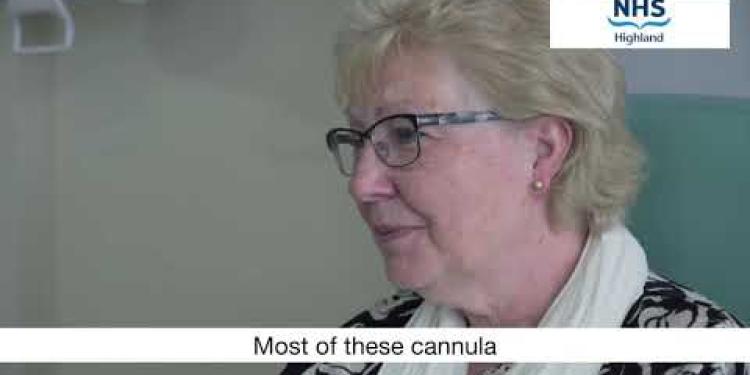
Introduction to Chemotherapy, NHS Highland
Relevance: 21%
-
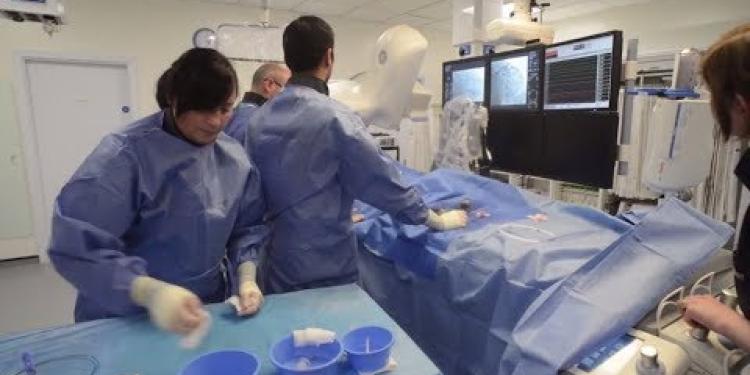
Heart attack care - Raigmore Hospital Inverness, NHS Highland
Relevance: 20%
-

Why people take out Secured Loans and why do some brokers charge so much
Relevance: 19%
-

How effective is the MMR vaccine?
Relevance: 19%
-

Dr Hilary Jones shares his professional and personal thoughts on Colten Care
Relevance: 19%
-

NHS Utilizes AI to Prioritize High-Risk Patients on Waiting Lists
Relevance: 19%
-

Life Insurance Difference between Unit Linked and With Profit Policies
Relevance: 18%
-

Three Debt Free Methods in 2023 | Free Debt Calculator Tracker
Relevance: 18%
-
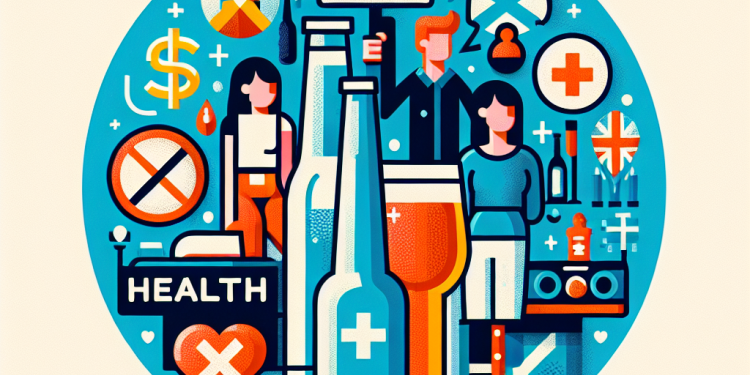
Alcohol-Related Deaths in Scotland
Relevance: 18%
-
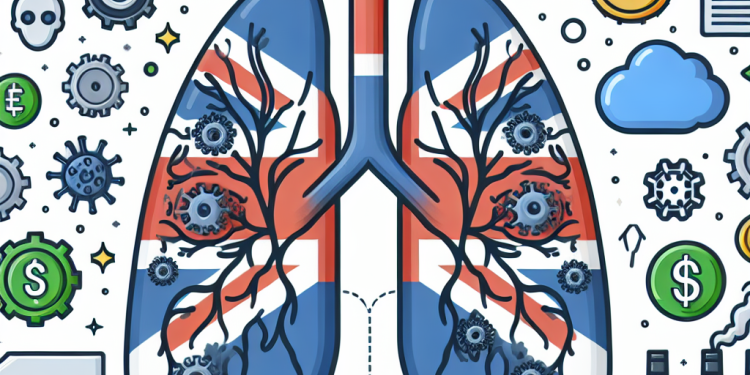
Air Pollution and Lung Cancer
Relevance: 18%
-
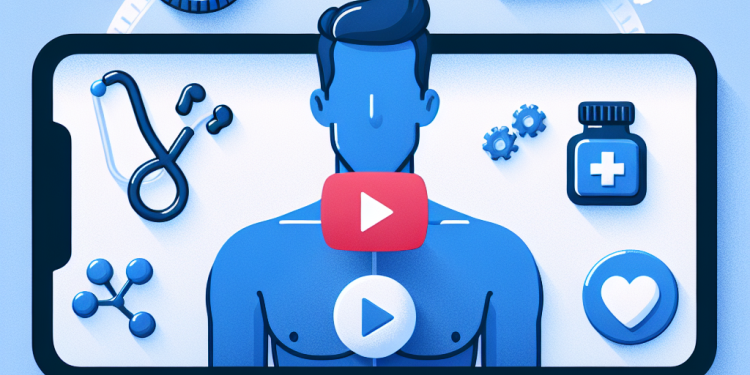
Am I more at risk of prostate cancer?
Relevance: 18%
-

How is measles transmitted?
Relevance: 17%
-
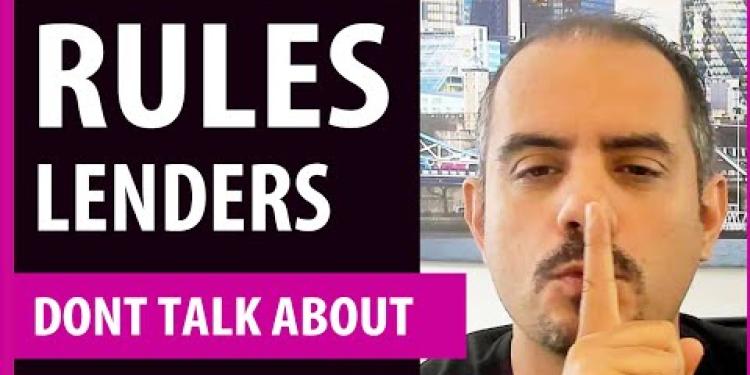
UK Mortgage Rules Lenders Don't Talk About - Debt To Income Ratio
Relevance: 17%
-
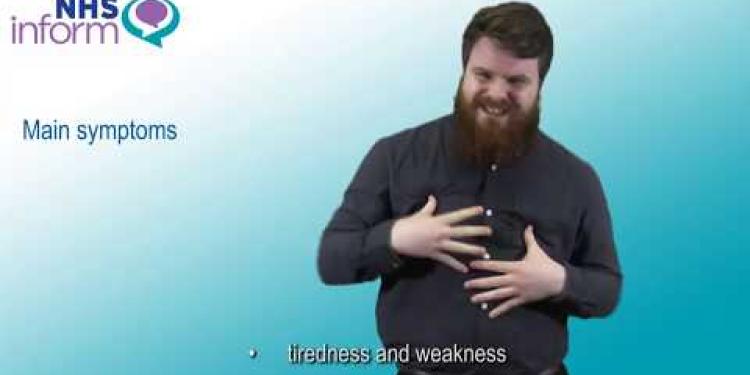
Symptoms of flu (influenza)
Relevance: 16%
-

What health risks are associated with obesity?
Relevance: 16%
-
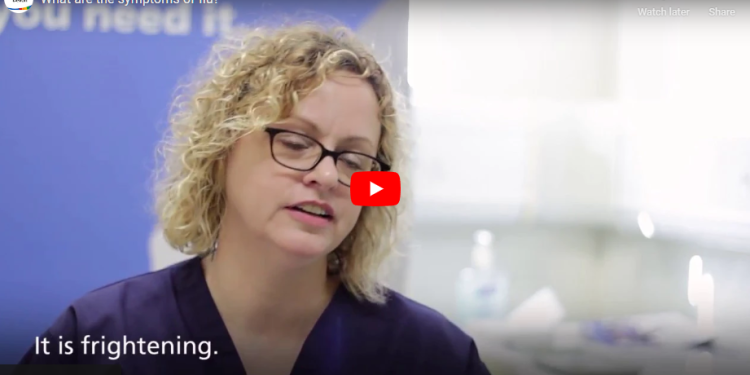
What are the symptoms of flu ?
Relevance: 16%
-

What role do sugary drinks play in obesity?
Relevance: 16%
-
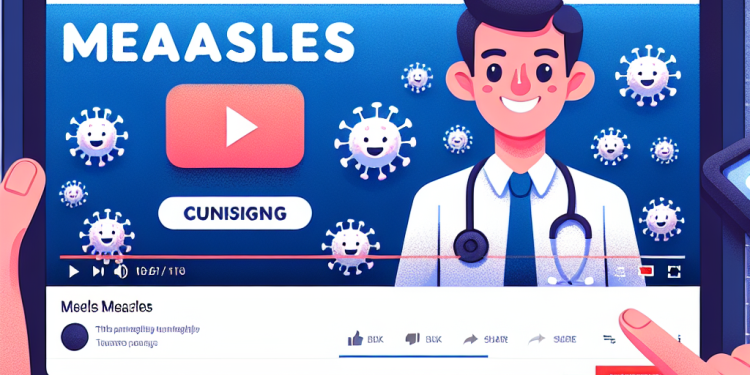
Measles
Relevance: 15%
-

What is the current measles vaccination coverage in the UK?
Relevance: 15%
-

Are there any natural remedies for bed bugs?
Relevance: 15%
-

Are there any societal factors that contribute to obesity?
Relevance: 15%
-
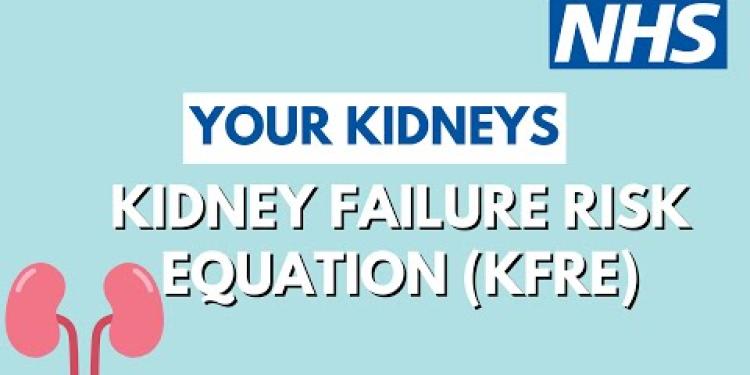
What is my risk of kidney failure with CKD (chronic kidney disease) | UHL NHS Trust
Relevance: 15%
-
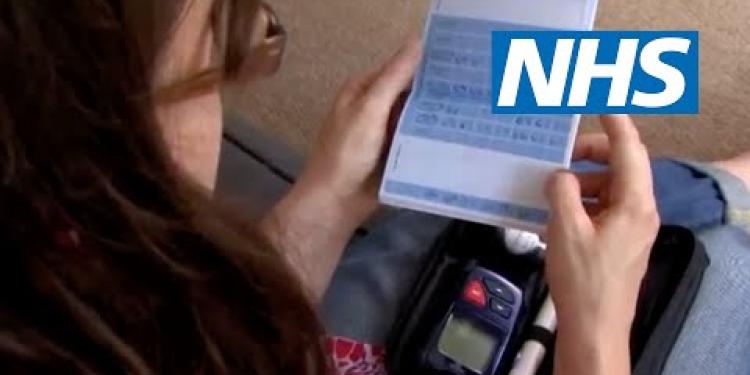
Gestational diabetes | NHS
Relevance: 15%
-
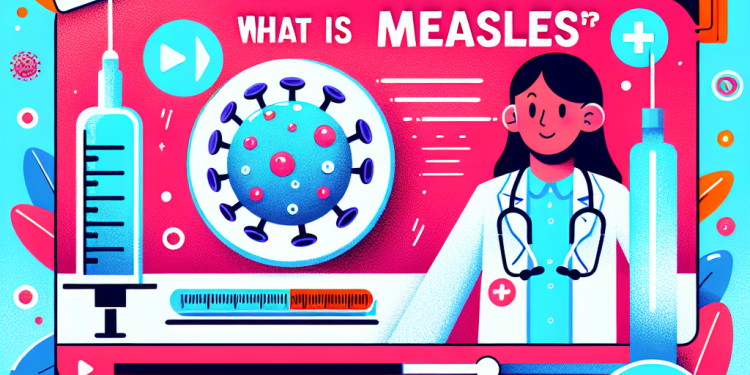
What is measles?
Relevance: 15%
-
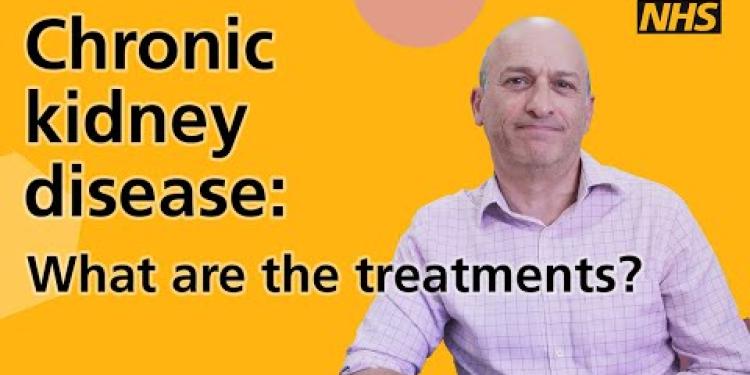
Chronic kidney disease: What are the treatments?
Relevance: 15%
Advice if Your Child Has a High Temperature
Recognising a High Temperature
In the UK, a normal body temperature for a child is around 36.4°C. If your child's temperature is 38°C or higher, they have a fever. It's important to regularly check their temperature using a reliable digital thermometer to confirm they have a high temperature. Symptoms may include sweating, shivering, flushed cheeks, and a general feeling of being unwell.Manage the Fever at Home
If your child has a high temperature, there are steps you can take to manage it at home: - Keep them hydrated: Ensure they drink plenty of water or fluids to avoid dehydration. - Rest and Comfort: Let them rest in a cool, comfortable environment. Light clothing and a lightweight blanket might be best. - Medication: If they are uncomfortable, you may use age-appropriate paracetamol or ibuprofen to help lower the fever and reduce discomfort, but always follow the dosage instructions and consult with a pharmacist if unsure.When to Seek Medical Attention
In some situations, you should seek immediate medical advice: - Babies under 3 months old with a temperature of 38°C or higher. - Children aged 3 to 6 months with a temperature of 39°C or higher. - Persistent fever lasting more than 5 days. - The child shows signs of dehydration or has difficulty breathing. - There is a rash that doesn’t fade when pressed with a glass. Contact your GP, NHS 111, or your local out-of-hours service for advice.Preventing Recurrence
Sometimes, fevers are caused by infections like colds or flu. Encouraging regular hand washing, keeping your child away from others who are ill, and ensuring their vaccinations are up to date can help prevent recurrent high temperatures.Advice if Your Child Has a High Temperature
Recognising a High Temperature
In the UK, a normal temperature for a child is around 36.4°C. If the temperature is 38°C or more, it is a fever. Check their temperature with a digital thermometer to be sure. Signs of fever can be sweating, shivering, red cheeks, and feeling ill.Manage the Fever at Home
If your child has a high temperature, you can: - Give them lots of water to drink so they don't get dehydrated. - Let them rest in a cool and comfy place. Use light clothes and a thin blanket. - You can give them the right amount of paracetamol or ibuprofen for their age if they feel bad. Read the instructions and ask a pharmacist if you are not sure.When to Seek Medical Attention
Go to a doctor if: - A baby under 3 months has a temperature of 38°C or more. - A child aged 3 to 6 months has a temperature of 39°C or more. - The fever lasts more than 5 days. - The child is very thirsty or has trouble breathing. - There is a rash that does not go away when you press a glass on it. Call your doctor, NHS 111, or local health service for help.Preventing Recurrence
Fevers can happen because of colds or flu. To stop high temperatures from coming back: - Teach your child to wash hands often. - Keep them away from people who are sick. - Make sure their vaccinations are up to date.Frequently Asked Questions
What is considered a high temperature for my child?
A high temperature in children is typically considered to be 38°C (100.4°F) or above.
What should I do if my child has a high fever?
Ensure they rest and stay hydrated. You may also give them children's paracetamol or ibuprofen to help lower the temperature.
Should I call a doctor if my child has a high temperature?
You should contact a doctor if the fever lasts more than 5 days, if your child seems very unwell, or if you have any concerns about their symptoms.
Can I give my child a cold bath to reduce the fever?
It is not recommended to give your child a cold bath as it can cause shivering and make them feel uncomfortable. Use a lukewarm bath instead.
What are the common signs of a high temperature in children?
Common signs include feeling hot to the touch, flushed cheeks, sweating, and irritability.
Can teething cause a high temperature?
Teething can cause a mild increase in temperature but not usually a high fever. If your child has a high temperature, it’s likely due to another cause.
How can I measure my child's temperature accurately?
You can use a digital thermometer under the armpit, as this is often the easiest and most accurate method for young children in the UK.
Is it safe to give medicine to babies with a high temperature?
Yes, you can give infants under 3 months old paracetamol, and those older than 3 months can have both paracetamol and ibuprofen. Follow the dosage instructions carefully.
Can my child go to school with a high temperature?
No, children with a high temperature should stay at home until they have been fever-free for at least 24 hours.
Are high fevers dangerous for children?
High fevers can be a sign of underlying infection and should be monitored. In rare cases, high fevers can cause febrile seizures in young children.
What's the best way to keep my child comfortable when they have a high temperature?
Keep their room cool, dress them in light clothing, and ensure they stay hydrated. Avoid over-layering them with blankets.
Can I give my child both paracetamol and ibuprofen together?
You should not give them together but can alternate between the two if one alone is not controlling the fever. Consult a healthcare professional before alternating medications.
What are some common causes of high temperatures in children?
Common causes include viral and bacterial infections, immunizations, and, less commonly, conditions such as heat stroke.
Should I be concerned if my child's hands and feet are cold but they have a high temperature?
Cold hands and feet can be common during a fever. Focus on the overall body temperature and other symptoms to gauge their condition.
When should I call 999 for my child's high temperature?
Call 999 if your child is having difficulty breathing, has a seizure, appears very unwell, or you can't wake them up.
What is a high temperature for my child?
A high temperature is when your child's body is hotter than normal. It is also called a fever. Use a thermometer to check if your child has a high temperature.
If your child's temperature is 38 degrees Celsius or higher, they have a fever. It's best to talk to a doctor to see if they need help.
Some things that can help when your child has a fever are:
- Give them lots of water to drink.
- Dress them in light clothes.
- Make sure their room is not too hot.
A high temperature in kids is usually 38°C (100.4°F) or higher.
What to Do If Your Child Has a High Fever
If your child feels very hot, they might have a high fever.
Here are some simple steps to help them feel better:
- Make sure your child drinks lots of water.
- Dress them in light clothes.
- Keep the room cool, but not too cold.
- Use a thermometer to check their temperature.
- If they feel very unwell, call a doctor.
Some helpful things you can use:
- Thermometer: For checking fever.
- Cold pack or damp cloth: To cool down your child safely.
Make sure they get plenty of rest and drink lots of water. You can also give them medicine like children's paracetamol or ibuprofen to help bring down the fever.
Do I need to call a doctor if my child is very hot?
If your child feels very hot, they might have a fever. It is a good idea to call a doctor if:
- Your child is very young (under 3 months old).
- The fever is high or not going away.
- Your child looks very sick or is hard to wake up.
- Your child has other symptoms like a rash, trouble breathing, or isn't drinking fluids.
Here are some things you can do:
- Use a thermometer to check your child's temperature.
- Make sure your child drinks lots of water.
- Keep your child cool with light clothes.
If you are worried, it is always okay to ask a doctor for advice.
Call a doctor if the fever stays for more than 5 days. Also, call if your child looks very sick or if you are worried about any other symptoms.
Can I give my child a cold bath to lower a fever?
If your child has a fever, it can be worrying. You might think about giving them a cold bath. But this is not a good idea. Cold baths can make your child feel uncomfortable and might make them shiver, which can raise their body temperature.
Here is what you can do instead:
- Give your child a warm bath, not a cold one. Warm water helps to cool the body down gently.
- Make sure your child drinks lots of water. This helps keep them hydrated.
- Dress your child in light clothes. Heavy clothes can make them hotter.
- Use a fan to keep the room cool, but don't point it directly at your child.
It’s always good to talk to a doctor if you are worried about your child's fever.
Don't give your child a cold bath. It can make them shiver and feel bad. Try a warm bath instead.
How can you tell if a child has a high temperature?
Look for these signs:
- Skin feels hot
- Red face
- Sweating
- Mood changes, like being grumpy
Try these tips:
- Use a fan or cool cloth
- Drink water
- Rest in a quiet place
Can teething make a baby hot?
When babies are getting new teeth, they might get a little bit warmer than usual. But they don't usually get a high fever from it. If your child has a high fever, it's probably because of something else.
How can I check my child's temperature?
To check if your child has a fever, you need to measure their temperature. Here is how you can do it:
- Use a thermometer. A thermometer is a tool to check temperature.
- There are different thermometers. Some go in the mouth, ear, armpit, or forehead.
- Always read the instructions. Follow them carefully.
- Make sure your child stays still when you take their temperature.
- If you are not sure, ask an adult to help you.
Here are some tools that can help:
- Pictures or videos showing how to use a thermometer.
- Written steps with simple words.
- Ask someone to show you how to do it.
You can use a digital thermometer under the arm. This is often the easiest and most accurate way to check a child's temperature in the UK.
Can I give medicine to a baby who feels very hot?
Giving medicine to a baby can help if they feel too hot, but you should check with a doctor first. Doctors know what is safe for babies. It is important to be careful. Make sure to follow the instructions on the medicine bottle.
Here are some things you can do:
- Talk to a doctor if you are worried.
- Read the label on the medicine carefully.
- Use a thermometer to check the baby's temperature.
- Give the right amount of medicine if the doctor says it is okay.
- Make sure the baby drinks plenty of water or milk.
These things can help you keep your baby safe and well.
Yes, you can give babies under 3 months old some paracetamol. Babies over 3 months old can have both paracetamol and ibuprofen. Make sure you follow the instructions about how much to give.
If you are unsure, you can ask a doctor or a nurse for help.
A tool you can use is a medicine syringe. It helps measure the right amount. You can also set a timer to remember when to give the next dose.
Can my child go to school if they have a fever?
If your child feels very hot, they might have a fever. A fever is when the body temperature is higher than normal. If your child has a fever, it is usually best to keep them at home. This helps them rest and get better. It also stops other kids from getting sick.
Helpful tips:
- Check your child's temperature with a thermometer.
- Give them plenty of water to drink.
- Let them rest in a cool, comfy place.
- If you are worried, talk to a doctor or nurse.
No, kids with a high temperature should stay home. They can go back to school or play when they have not had a fever for at least one whole day (24 hours).
Are high fevers bad for kids?
A high fever is when a child feels very hot. It can happen when they are sick.
If your child has a high fever, it is important to keep an eye on them.
Sometimes, you might need to see a doctor.
Here are some things you can do to help:
- Give your child water to drink.
- Put a cool, wet cloth on their forehead.
- Make sure they wear light clothes.
If you are worried, talk to a nurse or doctor.
High fevers can mean you have an infection. It is important to watch high fevers. Sometimes, young children with high fevers can have seizures. This is not common, but it can happen.
Tools that might help:
- A thermometer to check your fever.
- A phone to call the doctor if you are worried.
How can I help my child feel better when they have a fever?
If your child feels hot:
- Make sure they drink lots of water.
- Dress them in light clothing.
- Use a fan to keep air moving.
- Give medicine like children's acetaminophen if needed (check the label!).
Here are some things to try:
- Let them rest.
- Put a cool, damp cloth on their forehead.
- Check their temperature with a thermometer.
If you have questions, ask a doctor or a nurse for help. They know how to keep your child safe and feeling good.
Keep the room nice and cool. Dress them in light clothes. Give them lots of water to drink. Don't use too many blankets at bedtime.
Can I give my child paracetamol and ibuprofen at the same time?
No, it is not safe to give both medicines at the same time. You can give one medicine, then wait for at least 2 hours before giving the other. Always follow the instructions on the box or talk to the doctor or nurse.
Here is how to help remember:
- Make a chart to track the time you give the medicine.
- Use a timer or alarm on your phone to remind you.
- Ask for help from another adult to keep track.
You should not give both at the same time. You can take turns giving them if one does not stop the fever. Talk to a doctor or nurse before switching between them.
What makes a child have a high temperature?
Here are some reasons why a child might have a high temperature:
- They have a cold or the flu.
- They have an infection.
- They feel too hot because of too many clothes or a hot room.
If you're worried, you can:
- Talk to a doctor.
- Use a thermometer to check their temperature.
Some common reasons are colds and germs, getting shots, and sometimes things like getting too hot.
What if my child has cold hands and feet but a high temperature?
If your child's hands and feet are cold but they feel hot, it is good to talk to a doctor.
Sometimes, it can mean they are sick. A doctor can help you know what to do.
When you have a fever, your hands and feet might feel cold. To know how sick you are, check your whole body temperature and see how you feel overall.
When should I call 999 for my child's high temperature?
If your child feels very hot and you are worried, you might need help. Here is when to call 999:
- If your child is having trouble breathing.
- If your child is very sleepy or hard to wake up.
- If your child has a fit or a seizure.
Use a thermometer to check their temperature. If you think your child needs help fast, do not wait—call 999.
Tools that can help:
- Thermometer: A tool to check if they have a fever.
- Phone: To call 999 for emergency help.
Call 999 if your child is having trouble breathing, has a fit, looks very sick, or you can't wake them up.
Useful Links
Useful links from: Caring for a child with fever | NHS
- Fever in Children NHS guide on managing fever in children, including symptoms, causes, treatments, and when to seek medical advice.
- Children's Fevers – When to Worry? Comprehensive advice from Patient.info on how to handle fever in children, with detailed information on warning signs and when to seek help.
- Fever in Children: Information for Parents NICE guidelines PDF providing essential information for parents about fever in children, including management and medical attention guidelines.
- Managing a Child’s Fever BabyCentre UK article offering practical advice on how to manage a child's fever, including tips for comfort and when to contact healthcare professionals.
Have you found an error, or do you have a link or some information you would like to share? Please let us know using the form below.
- Ergsy carfully checks the information in the videos we provide here.
- Videos shown by Youtube after a video has completed, have NOT been reviewed by ERGSY.
- To view, click the arrow in centre of video.
- Most of the videos you find here will have subtitles and/or closed captions available.
- You may need to turn these on, and choose your preferred language.
- Go to the video you'd like to watch.
- If closed captions (CC) are available, settings will be visible on the bottom right of the video player.
- To turn on Captions, click settings .
- To turn off Captions, click settings again.
